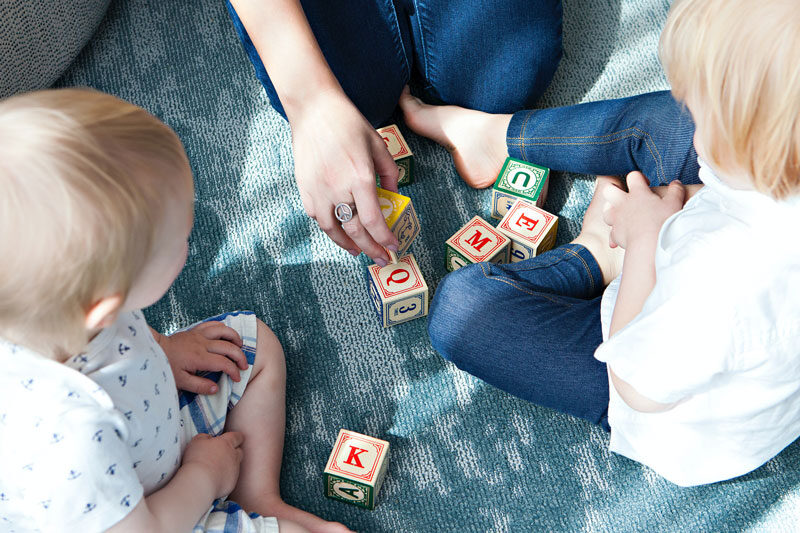Every child develops and matures at their own pace. However, there are times when certain developmental milestones are missed. Parents begin to become concerned and wonder how they can help their child with these critical milestones. If your child is an only child or has much older siblings or is the oldest child, it can be difficult to know when and how to voice your concerns.
What You Should Know
Early intervention and involving your child’s pediatrician as soon as you begin to suspect that delays are occurring is key. Not only does early intervention help keep your child on a path to making the most of their abilities and skills developed during the early years, but it also provides critical support for you and other family members in the household. Getting help for your child so that they can work towards hitting these learning and developmental milestones fosters a supportive and nurturing environment for the entire family.
What to Expect
Involving your child with a physical therapist or occupational therapist during these critical formative years is vital. Children who have received early intervention experience an increase in the child’s ability to integrate into future social environments. Early therapies alleviate feelings of frustration, stress, disappointment, and helplessness for both the child and the family. Removing these negative feelings from the home environment can help improve the overall well-being of the family and reduce additional impairments on the child’s development.
Asking for Help
Talk with your child’s pediatrician about the delays you are observing with your child. While all children grow and develop at their own paces, it is important to make your concerns heard so that your doctor can help you decide the best course of action. Be able to give specific instances or behaviors that are concerning to you. Remember that you know your child best and a clear head and detailed notes can help you give your provider valuable information.
Know What’s Available
Early intervention help comes in various forms. Occupational therapists can help your child develop their fine motor skills like holding a crayon or dressing themselves. Speech therapists will assist children with hearing loss or significant language delays in learning to imitate sounds and other pre-speech skills. Physical therapists may utilize adaptive equipment to help children improve their mobility through activities such as crawling, sitting, rolling, or walking. Nutritional therapy and other support services can be added to meet your child and family’s needs.
Why Care Options for Kids
At Care Options for Kids we know that children and families thrive when therapy comes to them. Our therapists work with your child in their natural environment where they are most comfortable. Each therapist works with your child based on their needs and provides you with an individualised family service plan which coordinates physicians, therapists, and family members to meet evidence-based goals based on your family’s values, desires, and culture. Our team works with you to train you to help address your child’s areas of delay so that we can all be successful together.






